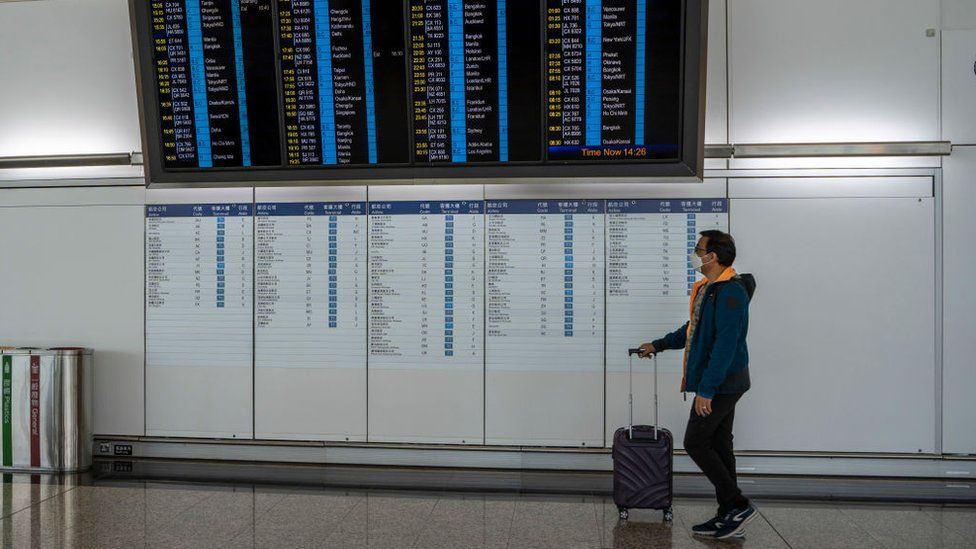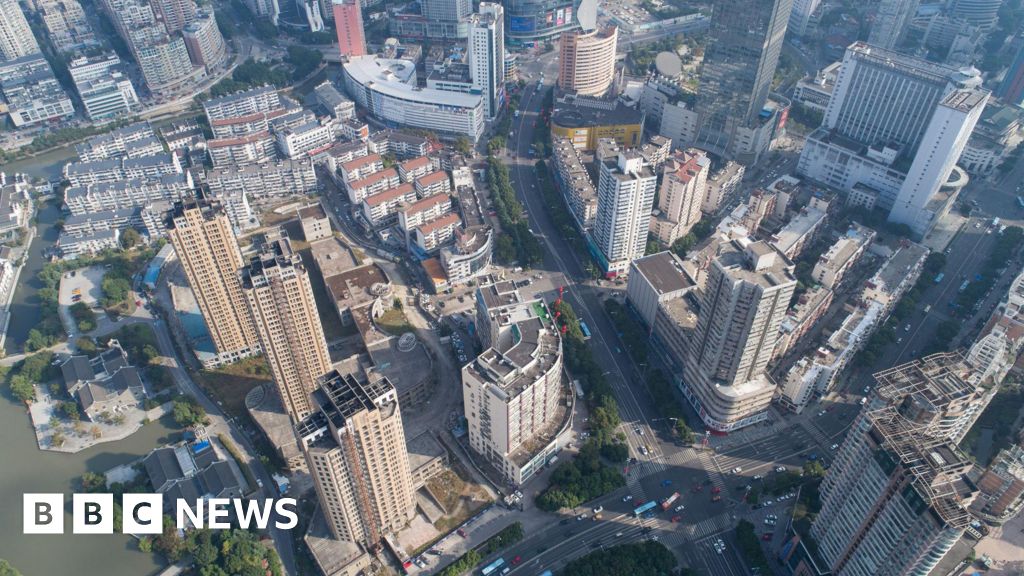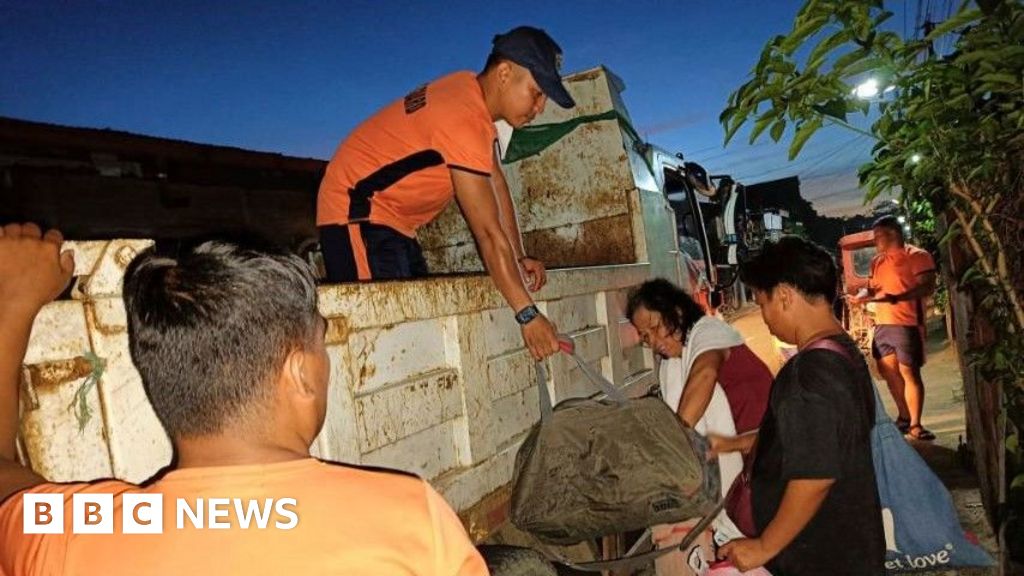ARTICLE AD BOX
 Image source, Getty Images
Image source, Getty Images
Italy has become the latest country to impose mandatory Covid tests on Chinese tourists, after China announced it would reopen its borders next week.
Tighter measures have also been brought in by Japan, Malaysia, Taiwan and India - while the US said it is considering imposing more rules.
After almost three years of restrictions, China will let people travel more easily from 8 January.
At the same time, the country is facing a surge in Covid cases.
That has led to wariness among some countries - but Beijing said coronavirus rules should be brought in on a "scientific" basis, and accused some countries and media of "hyping up" the situation.
On Monday and Tuesday, China announced it would ease its restrictions on travel to and from the country.
From 8 January, quarantine for travellers entering China will end, and passport applications for Chinese citizens will resume, authorities said.
Travel sites reported a spike in traffic following the announcements - and some countries revised their travel rules.
Italy - once the global epicentre of the virus after it spread from China in late 2019 and 2020 - said it was bringing in mandatory Covid testing for all passengers coming from China.
Health Minister Orazio Schillaci said this was "essential to ensure the surveillance and identification" of any new variants of the virus, and to "protect the Italian population".
Before his announcement, flights arriving in Milan were already testing passengers flying from China.
On one flight, which landed at the city's Malpensa Airport on 26 December, 52% of passengers were found to be positive for Covid, la Repubblica reports.
Other countries had already imposed some restrictions on travellers coming from China:
- In Japan, from Friday all travellers from China and those who visited it within seven days will be tested for Covid upon arrival, Prime Minister Fumio Kishida said. Those who test positive will be required to quarantine for seven days if they have symptoms, or five days if asymptomatic. The number of flights to and from China will also be restricted
- In India, people travelling from China and four other Asian countries must produce a negative Covid test before arriving. Passengers will be put in quarantine if they have symptoms or test positive
- Taiwan says people arriving on flights from China, as well as by boat at two islands, will have to take Covid tests on arrival from 1 January to 31 January. Those who test positive will be able to isolate at home, Taiwan's Central Epidemic Command Centre said
- Malaysia has also put additional tracking and surveillance measures in place.
Elsewhere, the US said it was considering taking "similar steps" to countries such as Japan.
"There are mounting concerns in the international community on the ongoing Covid-19 surges in China and the lack of transparent data, including viral genomic sequence data," US officials said.
Wang Wenbin, China's foreign minister spokesperson, subsequently accused Western countries and media of "hyping up" and "distorting China's Covid policy adjustments".
He said China believed all countries' Covid responses should be "science-based and proportionate", and should "not affect normal people-to-people exchange".
Mr Wang called for "joint efforts to ensure safe cross-border travel, maintain stability of global industrial supply chains and promote economic recovery and growth".
The UK and Germany each said they were monitoring the situation closely, but were not considering new restrictions for Chinese travellers.
In Belgium, the mayor of tourist hub Bruges called for Chinese visitors to face Covid tests or mandatory vaccine requirements.
The true toll of daily cases and deaths in China is unknown because officials have stopped releasing the data. Reports say hospitals are overwhelmed and elderly people are dying.
Last week, Beijing reported about 4,000 new Covid infections each day and few deaths.
Despite the rise in infections, China has continued its programme of loosening its strict Covid measures.
Meanwhile, Hong Kong announced it was scrapping the last of its Covid rules - apart from the wearing of face masks, which remains compulsory.

 1 year ago
50
1 year ago
50








 English (US)
English (US)